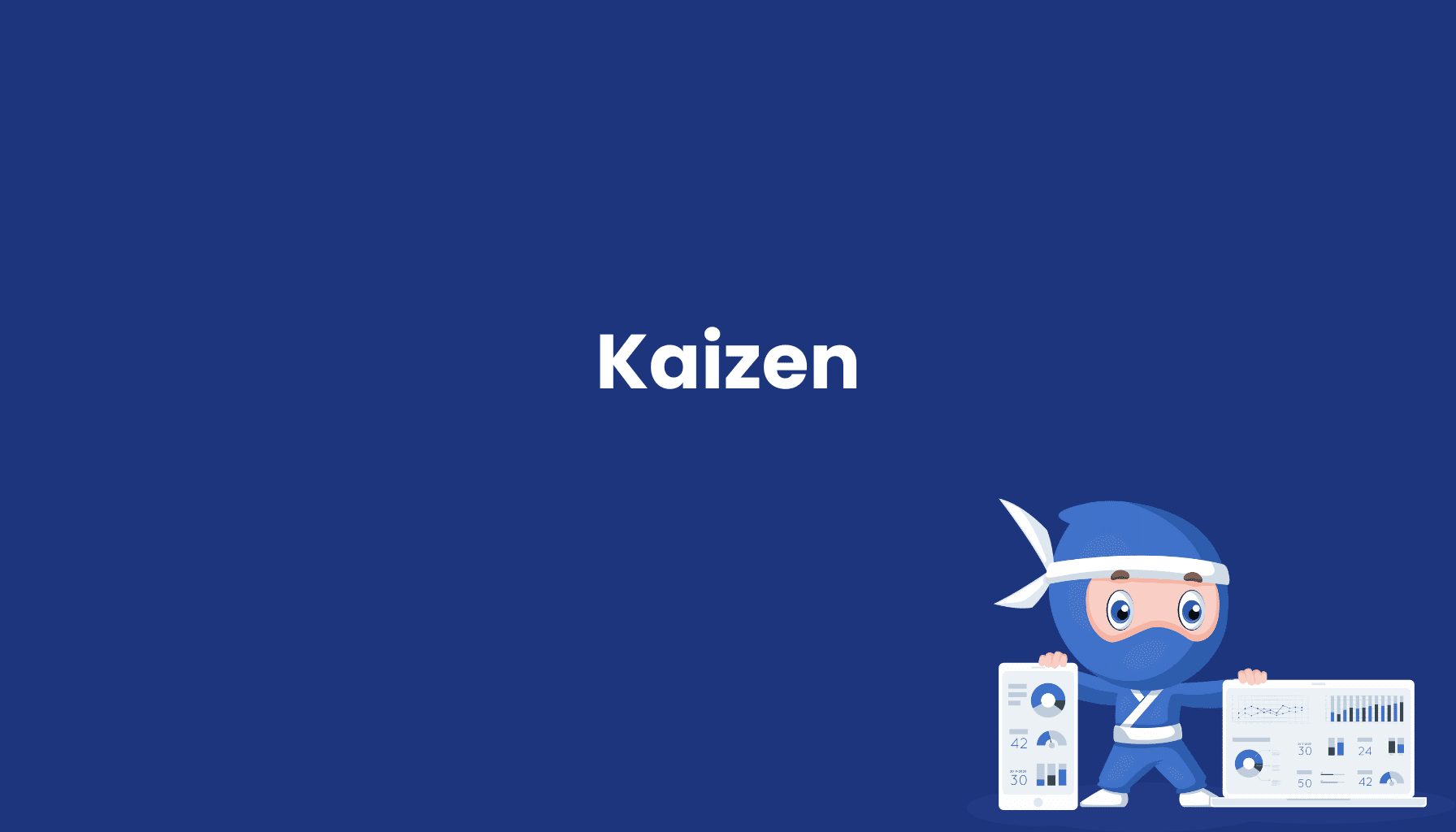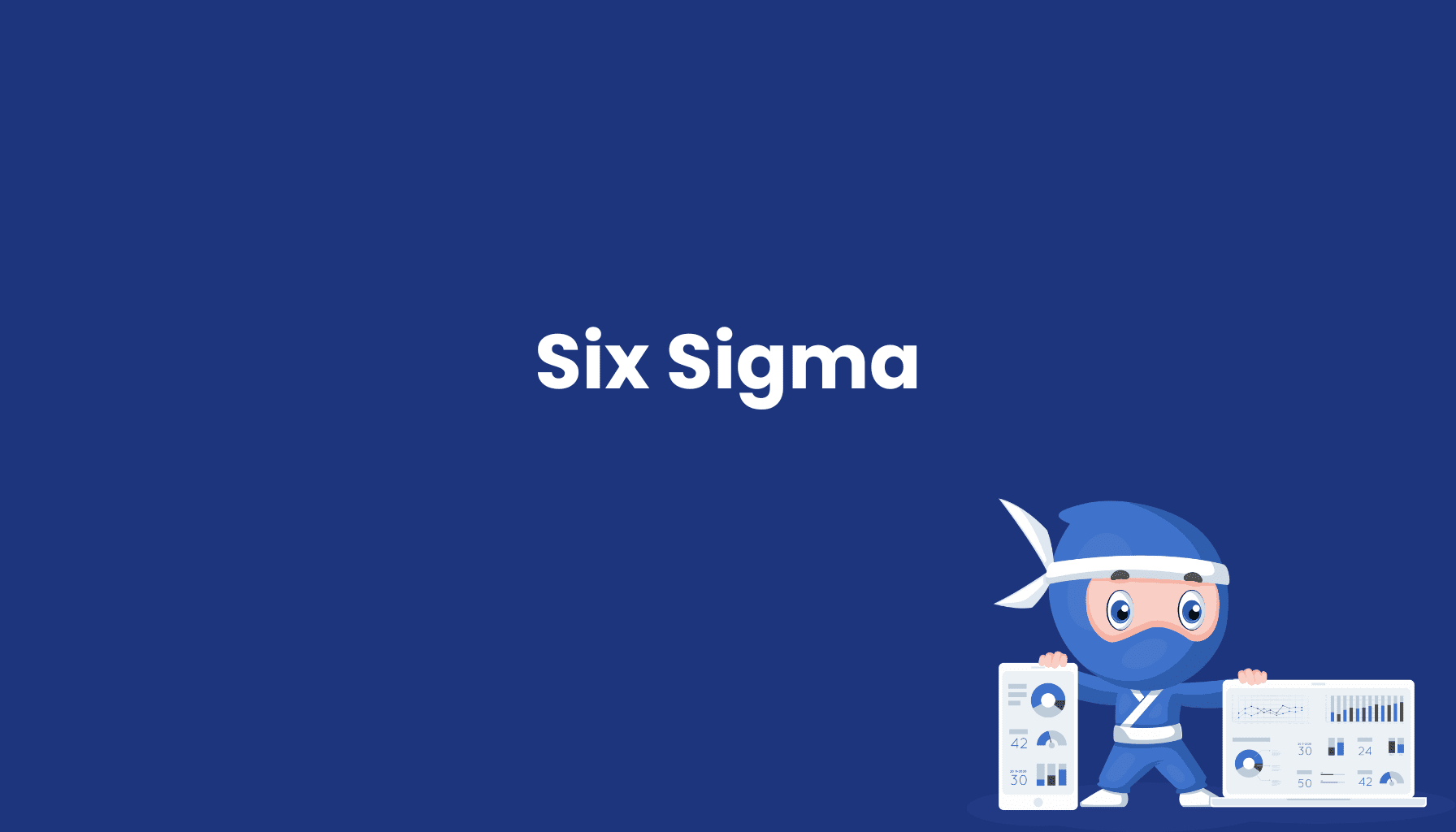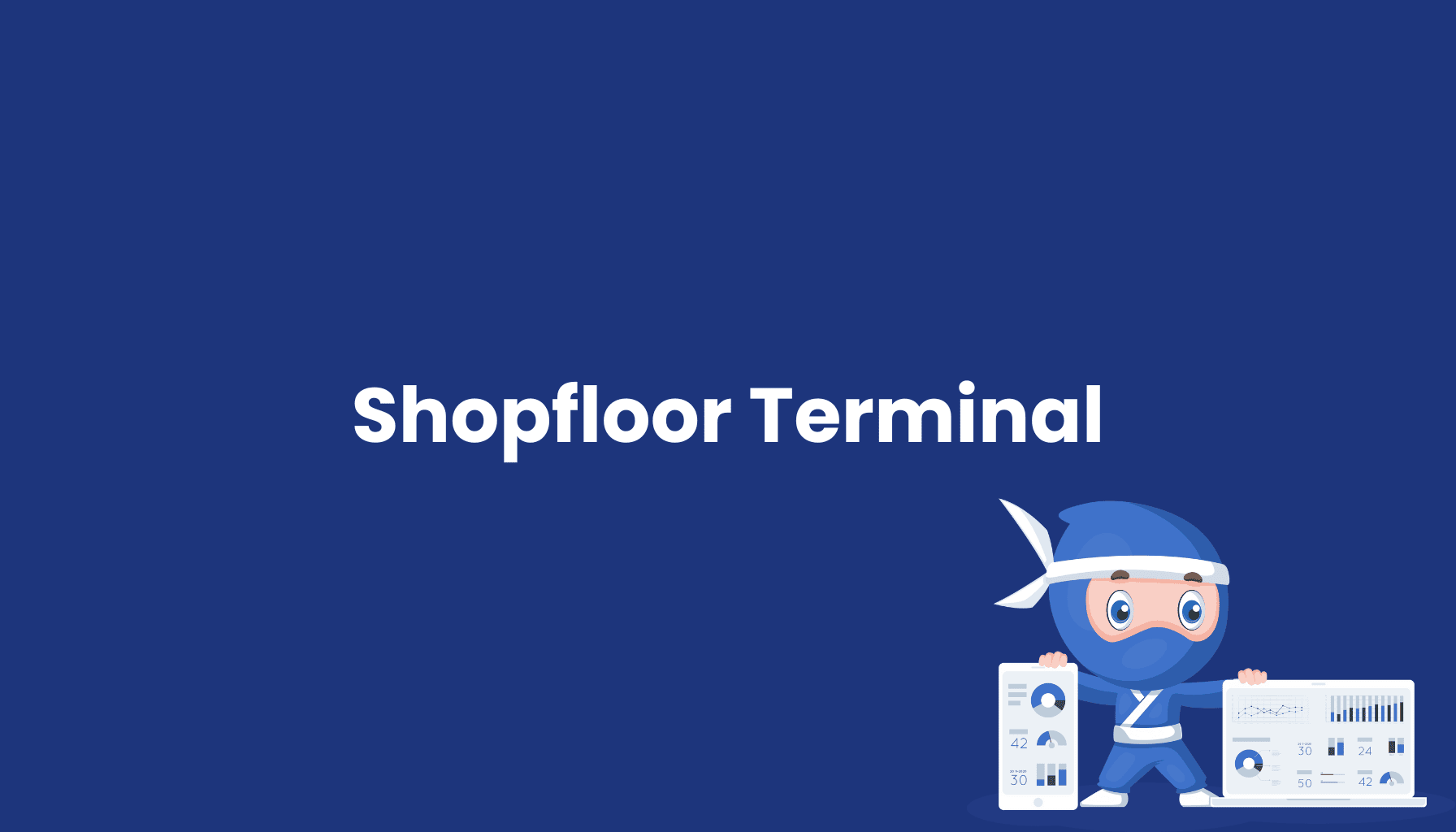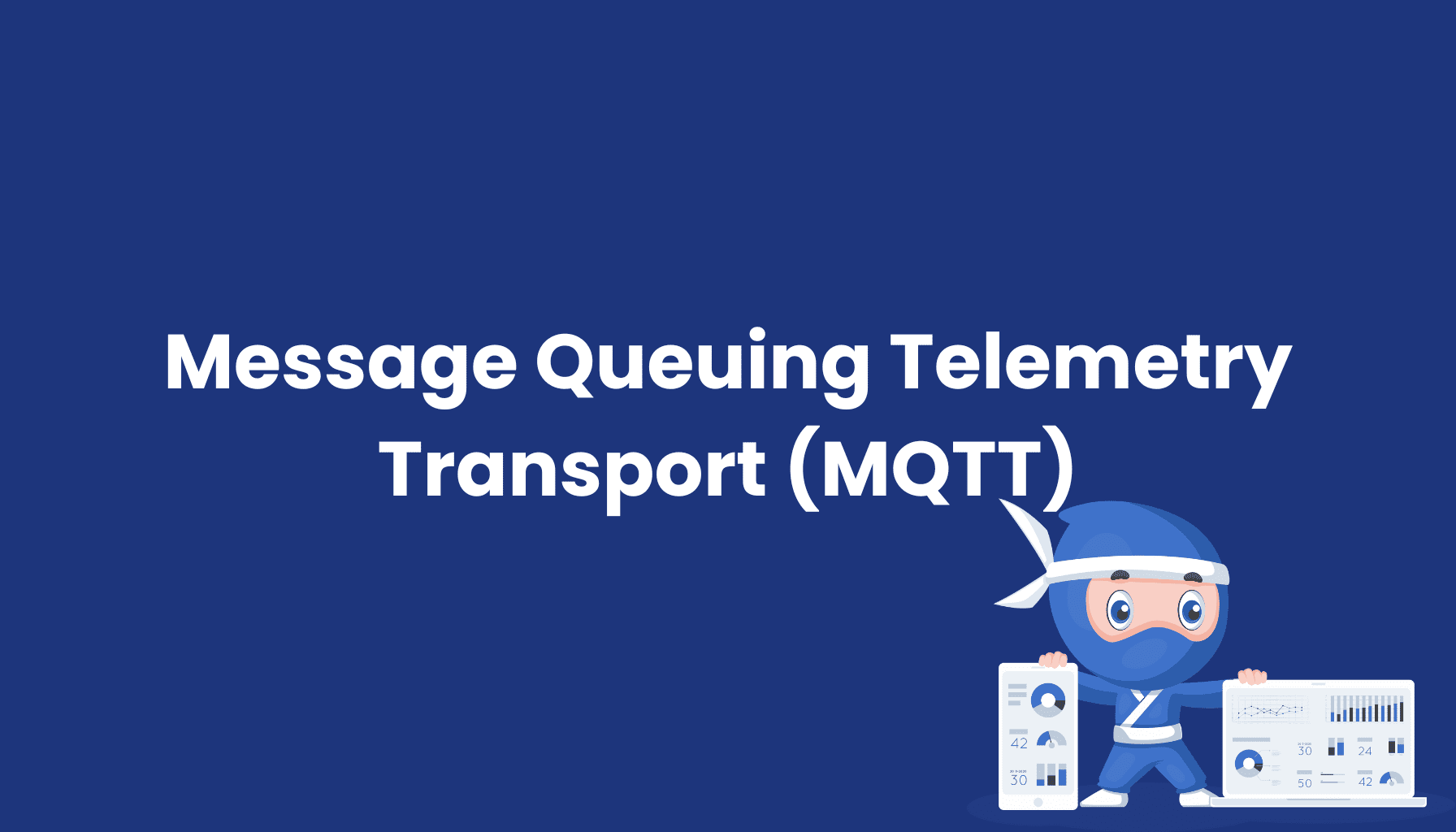Kaizen

What is Kaizen?
Kaizen, meaning "change for the better," is an approach for continuous, incremental improvements in production and management. This methodology promotes efficiency and effectiveness enhancements through regular, small changes. Kaizen is a fundamental aspect of the Lean philosophy and is widely applied across various industries to optimize processes and improve quality.
Origin of Kaizen
Kaizen was developed in Japan in the 1940s and became globally recognized through Toyota, which integrated Kaizen as a core principle in its production methods. The philosophy behind Kaizen is deeply rooted in Japanese culture, which values continuous improvement and the involvement of all employees.
Principles of Kaizen
- Continuous Improvement: Constantly seeking opportunities for improvement in all areas.
- Employee Involvement: Every employee contributes to improvements, regardless of their position.
- Understanding Customer Needs: Focus on meeting and exceeding customer expectations.
- Data-Driven Decisions: Decisions are based on data and facts, not assumptions.
- Prioritizing Quality: Always prioritizing quality in all processes and products.
Goals of Kaizen
- Improvement of Operational Processes: Increasing the efficiency and effectiveness of processes.
- Increased Employee Engagement: Fostering a culture where employees actively contribute to improvements.
- Optimization of Procedures: Identifying and eliminating waste and inefficiencies.
Applications of Kaizen
Kaizen is applied in various fields, including:
- Manufacturing: Improving production processes through continuous small changes.
- Service Sector: Enhancing service quality and customer satisfaction.
- Healthcare: Optimizing processes in hospitals and clinics to improve patient care.
- Logistics: Making supply chains and warehouse processes more efficient.
Challenges and Solutions
Despite its many advantages, Kaizen also presents challenges:
Resistance to Change: Employees may be skeptical of changes. This can be overcome through training and involving all employees.
Long-Term Commitment: Kaizen requires a long-term commitment to continuous improvement. This can be ensured through strong leadership and consistent implementation.
Current Situation and Application in Industry 4.0
In modern industry, especially Industry 4.0, Kaizen plays a crucial role in integrating technology and human creativity. By combining Kaizen with modern technologies like IoT and Artificial Intelligence, companies can further optimize their production processes and flexibly respond to changes.
Conclusion
Kaizen is a proven approach for continuous improvement, focusing on small, incremental changes. By involving all employees and prioritizing quality, companies can enhance their efficiency and effectiveness. In today's fast-paced and technology-driven world, Kaizen remains a valuable tool for addressing modern industry challenges and ensuring sustainable success.





